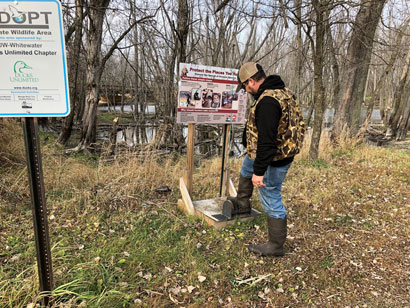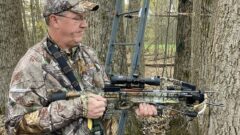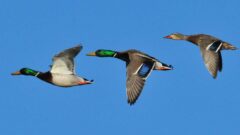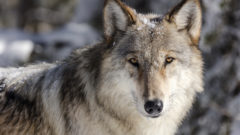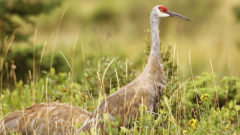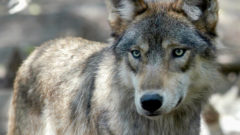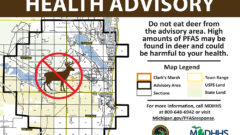Hunting Reminder: Phragmites Use
With the 2025 migratory season underway in Wisconsin, waterfowl hunters have the perfect opportunity to achieve one of the most important habitat conservation efforts possible while out in the field - to prevent the spread of aquatic invasive species (AIS). AIS put the health of Wisconsin’s waterbodies at risk. A few minutes of prevention [...]
The post Hunting Reminder: Phragmites Use appeared first on Fox-Wolf Watershed Alliance.
Fox-Wolf Watershed Alliance
https://fwwa.org/2025/10/15/hunting-reminder-phragmites-use/?utm_source=rss&utm_medium=rss&utm_campaign=hunting-reminder-phragmites-use

